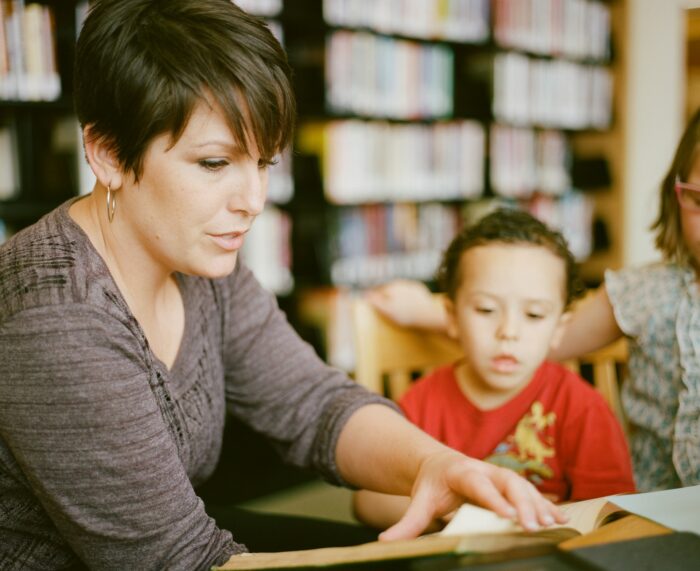Overshadowed by the COVID-19 pandemic, we are also facing a reading crisis. Children are not learning to read properly and/or are falling behind in regard to the curriculum standards expected of them. Teachers are struggling to do enough to take a targeted approach to tackling the concern early on, and interventions are usually introduced when it is too late. Parents are being told to wait it out despite the red flags that their children are exhibiting.
Statistics from 2019 state that only 16 percent of black children were reading proficiently, compared to 76 percent of white children, within Atlanta public schools. This disparity is greatly concerning. These inequities are not limited to only one region; even more distressing is that only 7 percent of students in Detroit are meeting their reading levels at fourth grade.
What needs to happen is a shift in how educators teach their students how to read (following scientific evidence about reading), and in how parents nurture bidirectional and meaningful conversations with kids about the books they are reading.
First, educators need to understand that it’s not as simple as instructing students to read more, or giving them more reading homework to help them catch up to their peers. Many external social and environmental factors need to be considered, because it’s challenging to meet academic goals if a student is struggling with food insecurity, basic needs, and/or healthy emotional support (such as when experiencing poverty or trauma). Reading is a skill that requires patience, positive role-modeling, and nurturing support from a caring teacher. Reading should no longer be dismissed as a skill that simply just develops with time or comes naturally. Reading involves certain brain regions, and the earlier students start, and the more consistent they become with reading, the better their reading skills become.

Photo by Adam Winger on Unsplash.
Second, it is recommended that parents have interactive, bidirectional, nurturing conversations with their children from birth onwards. This level of interaction emphasizes the importance of taking turns in listening and speaking. This teaches the fundamental stepping stones for practicing critical thinking, which is an essential skill in reading. Parents are encouraged to allow and role-model dialogic reading (defined as unrestricted interrupting while reading) as an avenue for deepening children’s literacy and vocabulary.
Tags: brain, children, covid-19, engagement, learning, literacy, pandemic, primary school, race, reading, school, teaching, tutoring, United States (US)Categorised in: Uncategorized
This post was written by Linda H
